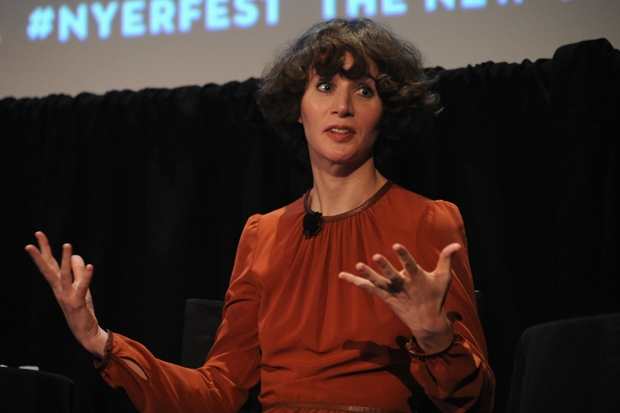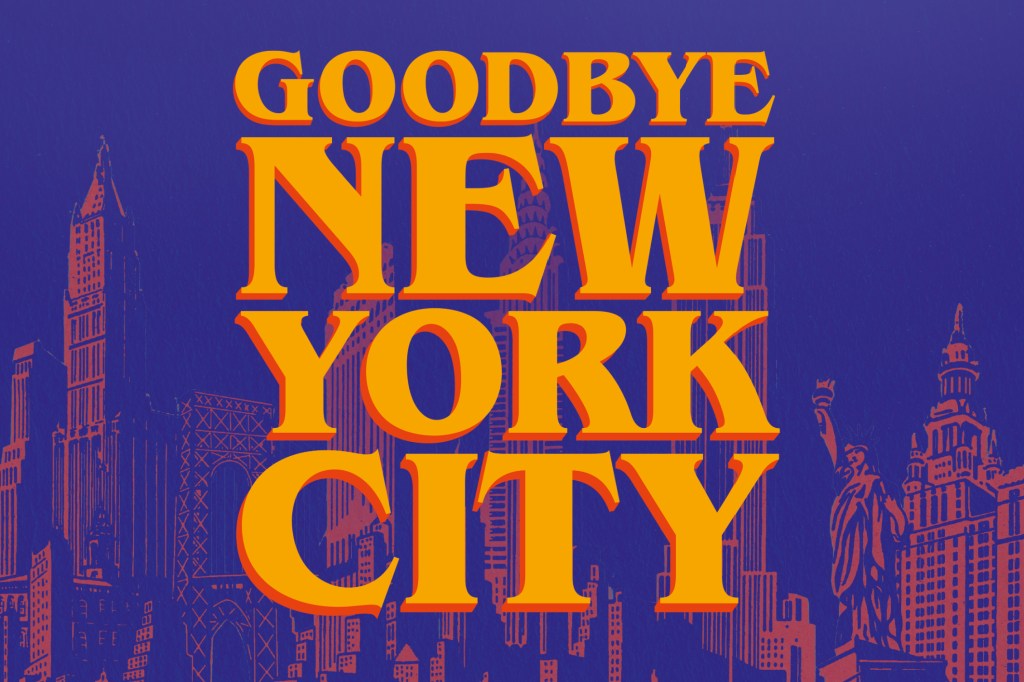Miranda July is a funny and brilliant film director, performance artist, sculptor and smartphone app designer. In 2005, she won the Best First Feature award at Cannes for her debut film, Me and You and Everyone We Know. Two years later, she picked up the Frank O’Connor short story award for her debut collection No One Belongs Here More Than You. She has been feted at the Venice Biennale for her artworks and last year released an app called Somebody, which encourages users to deliver messages verbally to strangers. Now, she has published The First Bad Man, her debut novel. I know: a novel. After conquering every arthouse peak imaginable, it seems surprising that July should give a fig about such a retrograde form. But the novel exerts a spooky influence over art makers. It is the K2 calling them to its treacherous ascents.
The First Bad Man inhabits a comic, warm, slightly melancholic contemporary American universe familiar from July’s movies. It is narrated by 43-year-old Cheryl Glickman. A lonely, lovelorn singleton, Glickman works — in a surreal fictional world similar to that of July’s fellow American short-story writer George Saunders — for a company that produces self-defence get-fit videos so effective they carry the viewer warning: ‘With your new ripped bod, you may actually get attacked more often!’
July’s novel is seamed with such arch absurdity. Cheryl is in love with a colleague, Phillip, who in one scene calls her in tears. She pretends to lend Phillip a patient, comforting ear on the phone while secretly masturbating to the sound of his sobbing. All of the novel’s atomised sexual encounters, in fact, take place through various media. When Phillip begins an affair with a 16-year-old girl, Kirsten, he harries Cheryl with text messages seeking her permission to go to the next sexual base: ‘KIRSTEN WANTS YOUR PERMISSION TO DO ORAL…STANDING BY UNTIL YOUR GO-AHEAD.’ Cheryl then starts a sado-masochistic relationship with Clee, a young, bullying woman with whom she re-enacts violent, erotic scenarios from Open Palm’s self-defence videos. That’s pretty much the whole plot, except for Cheryl going to therapy, and Clee giving birth to a baby whom Cheryl believes to be the reincarnation of her lover from a previous life.
All of which amounts to the kind of goofy, knowing comedy that works well in short chunks. You can imagine these episodes singing on the pages of the New Yorker, where July has published her short stories. But over the course of a novel, there’s no sense of a deeper story or of a broader theme unravelling. July’s far-ranging talents have, alas, slipped on the perilous rock face of scaling up comic idiosyncrasy to the proportions of a novel.
Available from the Spectator Bookshop, £12.99 Tel: 08430 600033







Comments